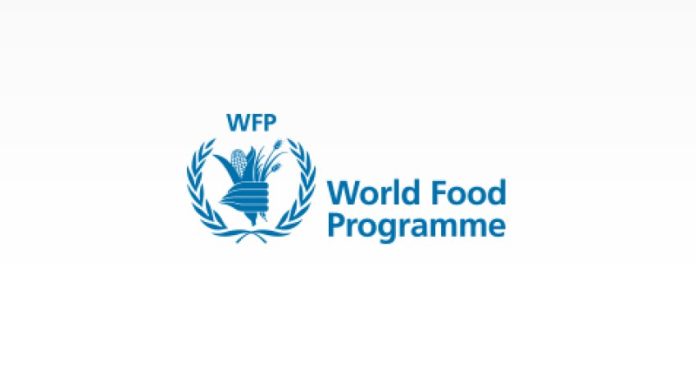The World Food Programme (WFP) has announced plans to expand its food and nutrition assistance efforts across several countries in West and Central Africa starting in June.
This initiative aims to support 7.3 million people during the June-August lean season, a critical period marked by high hunger levels and limited food resources.
The WFP intends to bolster the response plans of national governments in Nigeria, Burkina Faso, Cameroon, Central African Republic, Chad, Mali, Mauritania, and Niger. Despite ambitions to reach 12 million people with adequate funding, resource constraints have led to a shortfall in humanitarian aid delivery.
Malnutrition levels in West and Central Africa are increasingly alarming, with projections indicating that 55 million people will face acute hunger during the lean season. Chris Nikoi, WFP’s Regional Director for Western Africa, emphasized the urgency for “transformative solutions” to support vulnerable families with essential food and other necessities.
“We must prioritize emergency response for those most in need while investing in sustainable solutions to enhance food security and bolster agricultural productivity,” Nikoi stressed. He highlighted the need for long-term investments to mitigate economic and climate shocks and build resilience within communities.
The WFP is currently advocating for durable solutions aimed at improving food security and enhancing social protection systems. These efforts include restoring degraded lands, supporting education, and promoting access to diverse and nutritious diets across the Sahel region, as well as providing support to Nigerian villages.
However, funding challenges remain a critical issue, jeopardizing the sustainability of humanitarian efforts and exacerbating hunger and malnutrition crises in the region. Nikoi emphasized the importance of prioritizing inclusive food systems and expanding shock-responsive social protection schemes to address the root causes of food insecurity.
The WFP’s commitment underscores its ongoing efforts to combat hunger in West and Central Africa, despite facing significant resource gaps and weather-related challenges that could prolong humanitarian needs beyond 2024.



